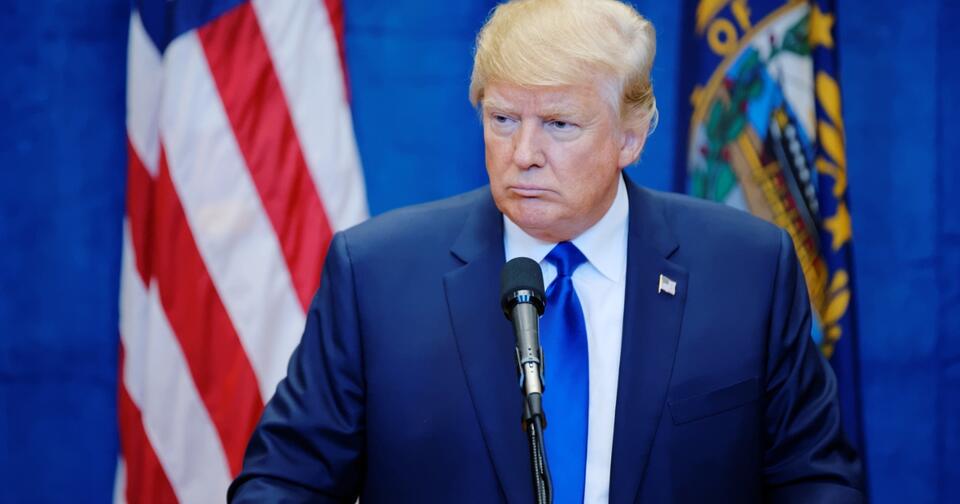Ray Dalio, the billionaire founder of Bridgewater Associates, the world’s largest hedge fund, says the United States is on the verge of an economic downturn, and possibly something far worse, as President Donald Trump’s unpredictable economic policies unsettle the global system.
“I think that right now we are at a decision-making point and very close to a recession,” Dalio said during an appearance on NBC’s Meet the Press. “And I’m worried about something worse than a recession if this isn’t handled well.” It was a sobering message from a man who has spent decades studying how nations rise, fall, and recover through cycles of debt, productivity, and politics.
Dalio’s concern is not just about short-term pain, he believes the U.S. is heading toward a dangerous intersection of high national debt, soaring deficits, and protectionist trade policies that could shatter global stability. Trump’s use of tariffs, which the president frequently imposes and reverses depending on the political mood, has created what Dalio called “chaotic and disruptive” economic conditions. He compared the tariffs to “throwing rocks into the production system,” warning that such shocks ripple through supply chains, distort prices, and drive up costs for consumers and businesses alike.
READ MORE:Jennifer Welch Claims JD Vance Is ‘Secretly Gay’ and a ‘Failed Drag Queen’ in Shocking Allegation
READ MORE:Trump Left Disappointed After Former ‘Lover’ Dumps Him for Putin
“Whether tariffs are implemented in a stable way or a chaotic and disruptive way makes all the difference in the world,” Dalio explained, continuing: “So far, they’ve been highly disruptive.” His remarks point to a growing fear among investors and economists that America’s trade wars and debt-fueled spending could erode confidence in the U.S. dollar’s global dominance, the very foundation of the modern financial system.
Dalio’s analysis goes beyond economics and into geopolitics. He warned that the world is entering a period of “profound change,” where the balance of power between global superpowers is shifting. China’s rapid rise, combined with America’s growing isolationism, could, he argues, produce a historic realignment that looks eerily similar to the turbulent 1930s. “Such times are very much like the 1930s,” he said, “with high levels of debt, internal conflict, and a rising power challenging the existing one.”
The aftermath of World War II established a new world order led by the United States, one built on cooperation, open markets, and the dominance of the dollar. But Dalio fears that foundation is now cracking. He warned that America could end up isolated as its biggest trading partners form new cross-border agreements that exclude Washington altogether. At a Paley Media Council event in May, he said current U.S. policies are “changing the world order in a way which is making it more inefficient and actually causing growth around the United States.”
Still, Dalio hasn’t given up hope, he believes that with careful management, the U.S. can avoid repeating history. The key, he said, is leadership that focuses on stability, debt reduction, and collaboration rather than chaos and confrontation. He urged policymakers to bring the federal deficit down to about 3 percent of GDP and to find “better ways to restructure debt” before financial pressures spiral out of control.
Dalio’s warning carries weight not just because of his wealth or status, but because of his track record. Over his decades at Bridgewater, he has built a reputation for predicting macroeconomic shifts and identifying patterns that others overlook. His latest concern, however, is not about profits, it is about the survival of the American economy.

